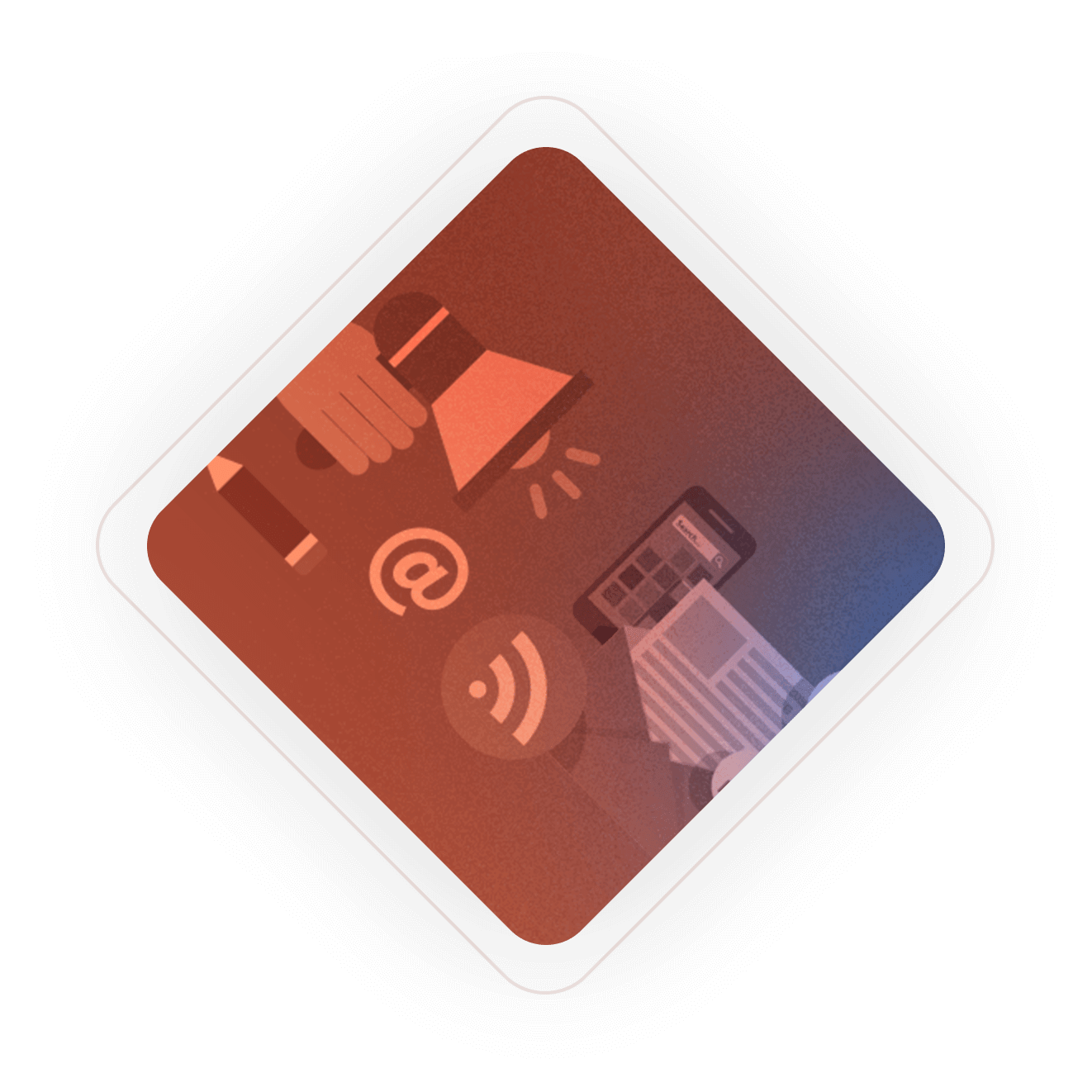Specialized testing
In order to stay ahead of the curve in today’s increasingly competitive and fragmented market, organizations are continuously evolving their products and systems to reduce time to market and achieve better execution for their customers, therefore improving client retention and increasing market share. With our sole focus on the trading domain and strong technical experience, we are uniquely positioned to support the development and operation of the most advanced trading systems.
Allied’s portfolio of specialized testing services for the trading industry helps our clients address the quality issues of various business critical components including DMA/OMS, position keeping systems, market connectivity, algo trading, front, middle, back-office, and compliance.

SOR and algorithmic trading systems
Testing of Smart Order Routing (SOR) and other algorithmic trading systems with complex and non-deterministic nature is an intricate task. We provide functional, behavioral and performance testing for such systems.
With the help of custom built specialized test harnesses, we can simulate realistic market situations, including client orders, market data flow, and liquidity fragmentation. By applying our unique methodology and market simulation tool, we test functionality of SOR systems against a “live” fragmented market, achieving verifiable results.
Behavioral testing statistically measures the efficiency of the SOR algorithm in terms of resulting parent order execution price.

Behavioral testing
Advanced trading solutions demonstrate a very complex and non-deterministic behavior. Even an extensive list of test scenarios cannot provide a comprehensive way to test their functionality.
We analyze all the business flows and interfaces of the system (such as incoming clients order flow exchanges, market data flow, etc.) and recreate them in a form of test scripts, simulations and stubs.
In addition to that we develop a set of realistic scenarios, which are executed against the system we are testing. This approach allows us to test advanced trading solutions with complex and non-deterministic behavior.

Three levels of market simulation
We use a three level market simulation system that, depending on the testing goals, allows us to provide a comprehensive functionality and efficiency testing for complex trading systems and trading strategies.
First level of simulation follows a simple “if-then” scenario, but allows to perform stress testing under huge loads.
Second level simulation can be compared to an empty exchange order book, which is controlled by a test script, and can be used for trading system’s functional testing. Integrated ability to control both market data and order book flow from the same test script allows to reproduce very specific market scenarios.
Third level simulation is a sophisticated exchange simulator that realistically simulates market behavior. It allows to perform behavioral testing of non-deterministic smart-order-router algorithms against live market with fragmented liquidity.

Back testing of trading strategies
We offer a solution that uses our exchange simulator to dynamically back test intra-day trading strategies.
At the core of the solution is a sophisticated stochastic model that simulates the realistic behavior of the market.
The simulator integrates the order flow produced by the trading strategy into historical data flow and generates an additional compensatory order flow to allow for a realistic behavior.
Through parameterization of the testing strategies, it can simulate proof of fill, market impact, intraday seasonality, resiliency of order book shape and other market characteristics for the specific markets and instruments.
The simulator also provides quantifiable results on the probability of fill for the trading strategy being tested.
The exchange simulator operates via FIX, GL and other common protocols, and can be easily integrated with clients’ trading environments.

Performance, capacity and latency testing of trading platforms
To achieve reliable and verifiable results with a real business impact, performance, capacity and latency testing requires careful planning, preparation and execution.
Our experience shows that standard off-the-shelf testing automation solutions allow only the simplest and most trivial testing. Any application or domain specific testing requires extra effort for testing solution customization.
Our proprietary testing solutions have been developed specifically for the trading applications. They operate via most of the common protocols and use our best-in-class exchange simulation technology.
We also have a lot of experience in developing trading platform specific solutions, including test “playgrounds” and test scripts.

Complex test harnesses
Using our experience and proprietary tools, we provide specialized testing solutions based on sophisticated custom test harnesses for realistic performance, capacity, and latency testing of trading platforms. As a result, Allied provides clients with reliable, actionable data on the efficiency of their trading technology, as well as the means for continual automated testing of their evolving platforms.

Connectivity testing
We have extensive experience of building exchange market links, and have developed comprehensive connectivity testing methodology and test scenarios. They cover all types of orders, amends, trading phases, reasons for order rejection, as well as throughput of the market’s connectivity servers and recovery after disconnect.

Front, middle and back office testing
Our comprehensive testing solutions cover the end-to-end business logic of trading systems, from front thru middle to back office, based on our in-depth understanding of the trading process and market mechanics.
We have expertise in risk management applications, position keeping systems, integrated web modules and others. We have also developed a full scale testing sandbox for back office of a global investment bank.

MTF and Dark Pool testing
The combination of our proprietary tools and unique testing methodology enables us to carry out comprehensive testing of various types of execution venues from market participants, market controls, and operations support point of view. We have developed an effective methodology that uses large sets of static data (instruments, closing prices, accounts) in automatic test scenarios. Our analysts create comprehensive test libraries that cover all details of exchange crossing algorithms, clearing & settlement, persistence, regulatory reporting, and market data dissemination.

Automation R&D
Not all automation projects are created equal: while automation can be a great boost to overall productivity of testing organizations, its benefits are not guaranteed, and sometimes trying to automate the wrong set of tests can result in much large investments than the time and cost savings that were originally envisioned. Our success with such efforts comes on the foundation of our expertise and track record in the analysis, planning, and execution of large scale test automation projects.

Compliance testing
In today’s fast changing regulatory environment, it is critical to address compliance issues as they relate to the technology that drives business results. Our services are designed to help our clients meet their regulatory obligations and reduce risk. We provide extensive compliance testing services around financial regulatory standards such as OATS, OTS, SOX, Reg NMS, SEC 606, MiFID, etc.

Penetration testing
A penetration test, in common parlance known as a pen-test or ethical hacking, is an attempt to evaluate the security of an IT infrastructure by safely trying to exploit vulnerabilities. These vulnerabilities may exist in operating systems, services and applications, improper configurations or wrong end-user behavior. Such assessments are also useful in validating the efficacy of defensive mechanisms, as well as, compliance to security policies.
Penetration testing is typically performed using automated and manual technologies to find breaches and gain unauthorized access to a system by compromising endpoints, servers, web-applications, wireless networks and other potential points of exposure.
Information about any security vulnerabilities found or successfully exploited through penetration testing is presented to IT managers to help to make conclusions and prioritize corresponding remediation effort.
Benefits of Penetration Testing:
- Protect network from data leakage
- Meet regulatory requirements
- Avoid the cost of network downtime
- Preserve corporate image and customer loyalty